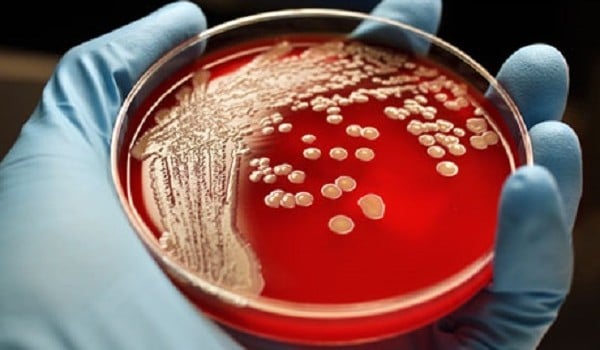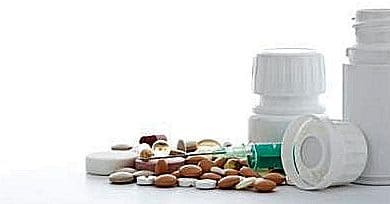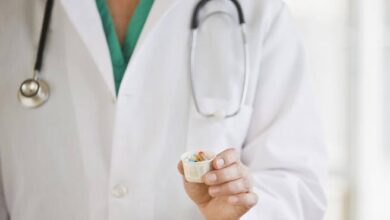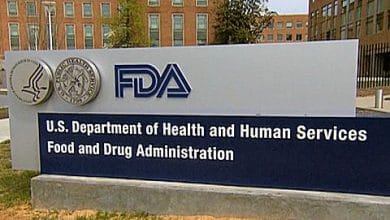
Residues of drugs in wastewater, is an alarm for resistant bacteria
There is a very sneaky and dangerous source of pollution, because it acts by fueling resistance to bacteria, a phenomenon that is already very worrying all over the world. We are talking about wastewater, where there are more and more medicinal residues. And in urban streams, persistent pharmaceutical pollution can cause aquatic microbial communities to become resistant to drugs. Doing so risks consequences for human health, reports a new study published today in the journal 'Ecosphere'.
Emma Rosi, aquatic ecologist at the Cary Institute of Ecosystem Studies (USA) and lead author of the study, explains: “Wastewater treatment facilities are not equipped to remove many pharmaceutical compounds. We were interested in how microorganisms react to pharmaceutical pollution”. For this, the researchers evaluated the presence of drugs - including pain relievers, antihistamines and antibiotics - in four aquatic streams in Baltimore, Maryland (USA).
Then they measured their microbial response to exposure to the drug. The results appeared clear: urban waters had higher pharmaceutical pollution than suburban areas, both in terms of the variety of drugs present and in terms of concentration. “We suspect – underlines the expert – that pockets of drug-resistant microbes have developed in these streams”. For this, "effective management of our freshwater will require a greater understanding of how contaminants, including pharmaceuticals, affect microbial communities".
Related news: Matteo Salvini: "We will remove the obligation for vaccines"





